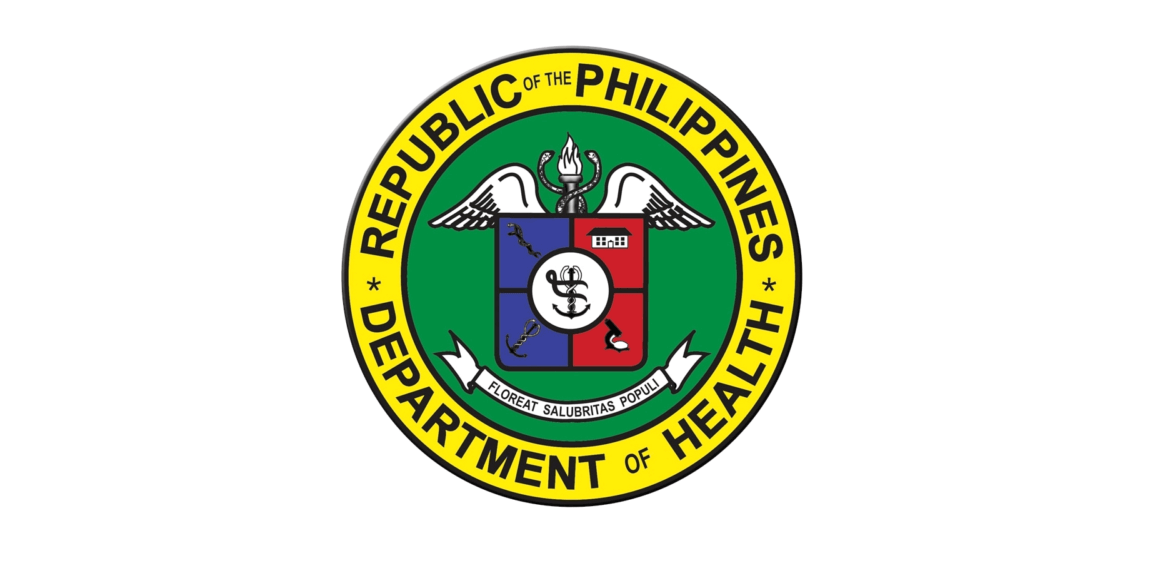September 6th 2017, the Philippines’ lower house of Congress approved the Universal Health Coverage Bill, introducing key reforms to improve population coverage, reform provider payment, and strengthen health technology assessment (HTA) implementation, among others. It has been 15 years since HTA was introduced in the Philippines through the efforts of dedicated key individuals. This development marks a crucial step towards institutionalisation of HTA, providing a legal framework for its application in priority setting and policy decision making.
Key features of the policy include the establishment of the HTA unit in the Department of Health (DOH), a description of the principles, criteria and process, as well as the composition and qualifications of the appraisal body. These provisions strengthen existing policies related to HTA, such as the Philippine National Formulary System (PNFS) in DOH and the Priority Setting Process in PhilHealth. The bill is a legislative priority of the current administration so we are hopeful that it receives substantial support from the upper house. We recognise HTA as a key tool to achieve universal health coverage in the country as per the HITAP sponsored World Health Assembly 2014 HTA Resolution, especially since service coverage remains fragmented and out-of-pocket payments are still high at 53.7% of total health expenditure (2014), despite 92% of the population having health insurance.
Global collaboration
iDSI, has provided support to the Philippines during the PNFS’ early stages. In 2011, NICE International started work with the MoH under The Rockefeller Foundation support, and in 2012, the National Center for Pharmaceutical Access and Management (NCPAM) (now called the Pharmaceutical Division in DOH) together with HITAP, conducted two policy relevant evaluations on the PCV and HPV vaccine. This project enabled NCPAM staff to visit HITAP and publish articles in international peer-reviewed journals, some articles can be viewed here and here. Two of the DOH staff are now back in Thailand pursuing a postgraduate programme in HTA at Mahidol University under iDSI scholarships.
More recently, the DOH also arranged a visiting scholarship of the HTA team lead to the Global Health and Development Group (GHD) at Imperial College London (the successor to NICE International), where they received guidance on: developing the country’s HTA roadmap, the revised process guidelines, and on economic evaluation for COPD drugs. It was also through the participation in knowledge sharing activities and international conferences that HTA was brought back on the policy agenda last year. Philippine policy makers and researchers participation in the Prince Mahidol Award Conference 2016 (co-hosted by HITAP, NICE international, and others) re-ignited the policy discussions and research on HTA and priority setting in PhilHealth and DOH.
HTA as a tool to achieve universal health coverage
Under the current bill’s whole system, society, & government approach, the vision is that the country coordinates a multisectoral approach, inclusive of all stakeholders, which looks at each component and function of the health system to realise UHC. This entails establishing a single institution that sets actionable (i.e. reimbursable) priorities for payers of healthcare. However, much capacity building is needed in terms of individual research skills, as well as sectoral capacity to manage and implement such processes. There is also a need to enhance policy makers’ understanding of what HTA is, how it is done, when and where it should be done, as HTA is not the answer to all policy questions. For example, the legislation specifies the use of HTA as an input in revising the Health Benefits Package. Another use could be in pricing discussions with manufacturers. Further, effective HTA has to accommodate existing health system features, including the interplay of different financing agents, private and public healthcare providers, and other stakeholders.
Despite these challenges, we believe that as a country, we have made significant progress towards building our national HTA institution. Last July, a HTA study group was established in the Health Research Division of the Health Policy Development and Planning Bureau in the DOH. The team has full-time researchers in charge of coordinating and implementing HTA related research activities. The DOH also just approved a revised process guideline for HTA, which expands the scope to cover all interventions (not just drugs), uses explicit decision criteria, and a multi-stakeholder process from topic selection, to assessment and appraisal. These achievements would not have been possible without international collaboration with universities, development agencies, and other HTA institutions outside the country, all of which will be featured on the bureau’s website as soon as it is up and running.
While we are still quite a way from having a NICE or HITAP counterpart in the country, the path towards institutionalisation is much clearer now that there is political support, and as we are slowly developing capacity. The DOH is set to scale-up HTA implementation by hiring more full time staff in the coming months, and investing in capacity building programmes. Collaboration with international partners such as iDSI must be fostered in order to sustain momentum. A Letter of Intent for Cooperation between the Philippine Department of Health, HITAP and the Imperial team was recently signed paving the way for further collaboration in the future.
